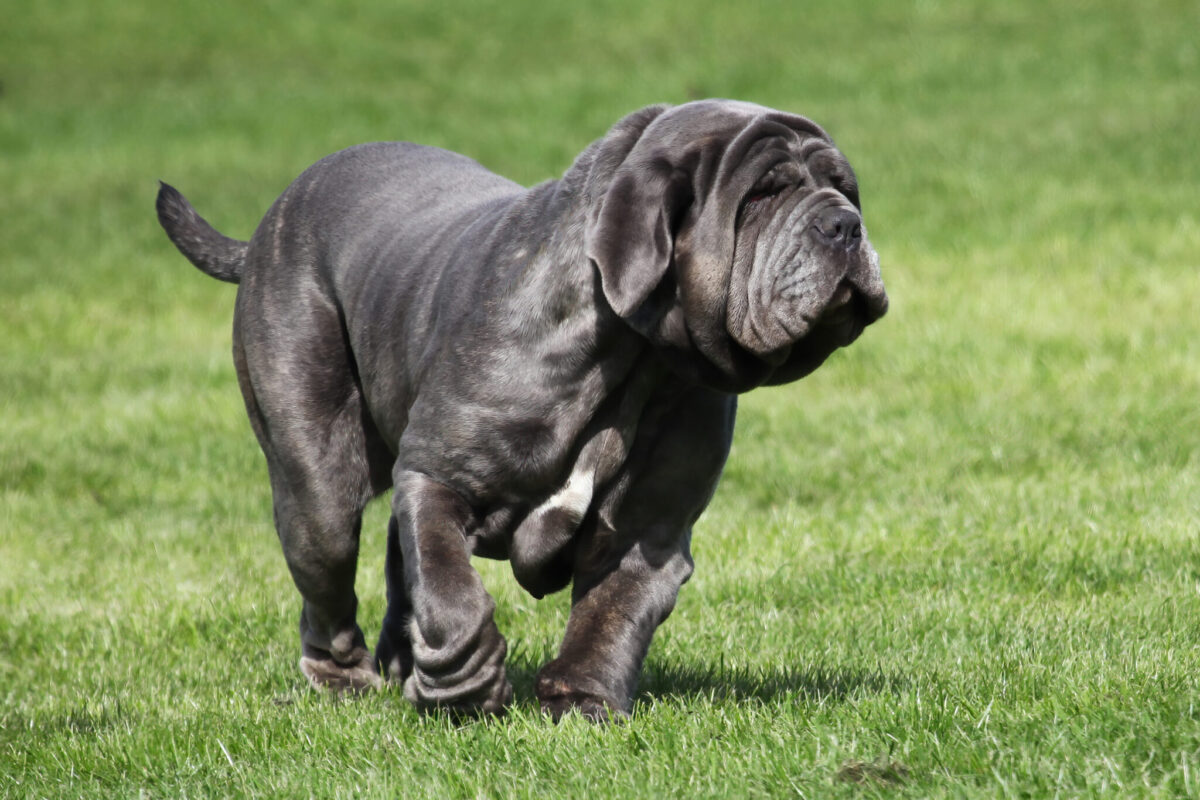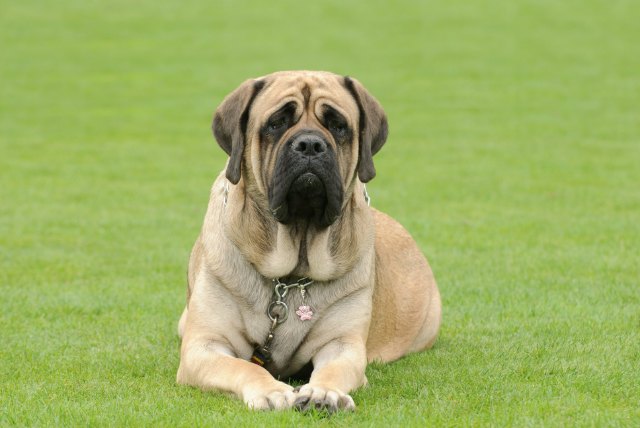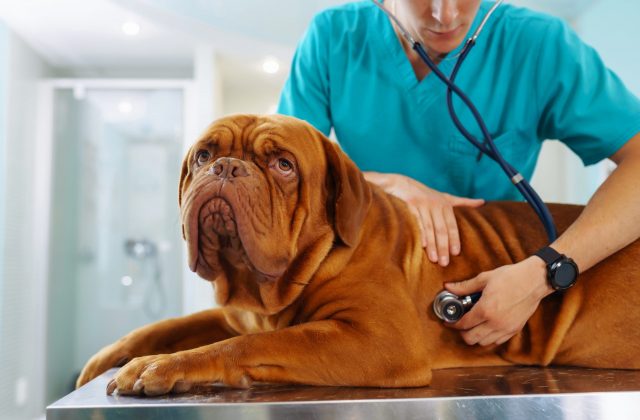Mastiffs
Showing the single result
Shelter Dog Meal Donation Count:
Showing the single result
The Mastiff is a breed that combines strength, dignity, and gentleness. Their imposing size and protective nature make them excellent guard dogs, yet they are known for their calm and affectionate demeanor towards their families. Training and socialization are crucial from a young age to ensure they become well-mannered members of the family. Mastiffs require space to move around and do best in homes with large yards. Despite their size, they can adapt to various living conditions as long as they have enough room. Prospective owners should be prepared for the responsibility of owning a giant breed, including potential health issues and a shorter lifespan compared to smaller breeds. However, for those ready to take on the challenge, a Mastiff offers unmatched loyalty, protection, and love.
The Mastiff, often referred to as the English Mastiff, is a giant dog breed known for its impressive size, gentle demeanor, and loyal nature. They are one of the largest dog breeds in terms of mass.

The Mastiff’s ancestors were depicted in Egyptian monuments as early as 3000 BC. The breed played a role in Roman arenas and later guarded English estates. Throughout history, the Mastiff has been revered for its formidable presence and protective instincts.




Common health concerns include hip dysplasia, elbow dysplasia, gastric torsion (bloat), and heart conditions. Regular veterinary check-ups and attention to their diet can help manage these conditions.
Grooming needs are relatively low. Regular brushing and occasional baths are sufficient. They are moderate shedders and are known for drooling.
Moderate exercise is sufficient. Daily walks and play sessions are important for their physical and mental health. Due to their size, they require space to move around comfortably.
Early socialization and consistent, positive training methods are crucial. Training should focus on obedience and social skills, considering their size and strength.
A balanced diet formulated for giant dog breeds is important. Portion control and a nutritious diet are crucial to prevent obesity and manage health issues.
The Mastiff is an impressive and affectionate breed, ideal for families who can accommodate their size and exercise needs. They require dedicated care in terms of health, nutrition, and space. Understanding and catering to their needs can ensure a long, healthy, and happy life for these gentle giants.
The Mastiff, known for its impressive size, is generally a robust breed but, like all large breeds, is predisposed to certain health issues. Being aware of these common problems and conducting recommended tests can help in maintaining their health and longevity. Here's an overview:
Regular veterinary care, including these specific health screenings, is crucial for a Mastiff. Due to their size and potential for certain health issues, proactive health management is essential. A healthy diet, regular exercise, and close monitoring for signs of health problems are key to maintaining their well-being. Owners should be prepared for the responsibility of caring for a giant breed, including the potential health challenges that may arise.
The iHeartDogs Free Rx Discount Card Program is a pet prescription discount card that can help you save money on your furry friend’s medications. The card is free to sign up for, and you can use it at participating pharmacies nationwide. To use the free program, simply show the card to your pharmacist when you pick up your pet’s prescription. The pharmacist will then scan the card, and you will receive a discount on the price of the medication.LEARN MORE
Caring for a Mastiff, a giant dog breed, involves various annual expenses. Their large size significantly influences the cost in areas such as food consumption, medical care, and space requirements. Here’s a breakdown of the annual costs for a Mastiff:
Total Estimated Annual Cost:
$3550 - $10100
It's important to note that these figures are estimates and can vary. Also, the first year of owning a dog can be more expensive due to one-time costs like spaying/neutering, initial vaccinations, and training. Regular budgeting for your dog's needs and an emergency fund for unforeseen costs are essential for responsible pet ownership.
We rely on ads to keep creating quality content for you to enjoy for free.
Please support our site by disabling your ad blocker.
Continue without supporting us
If the prompt is still appearing, please disable any tools or services you are using that block internet ads (e.g. DNS Servers).